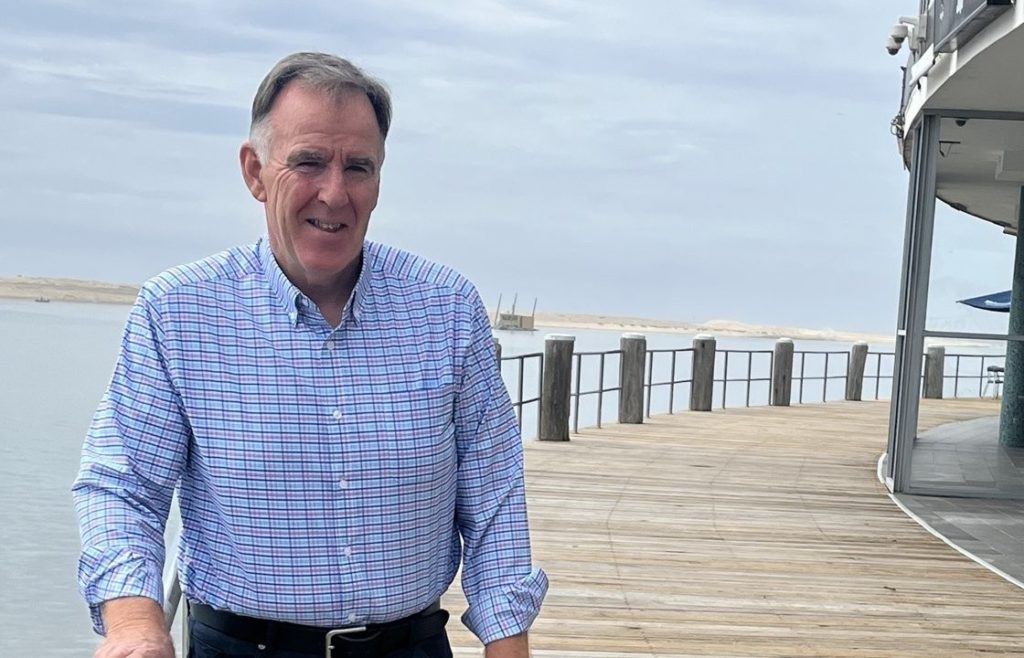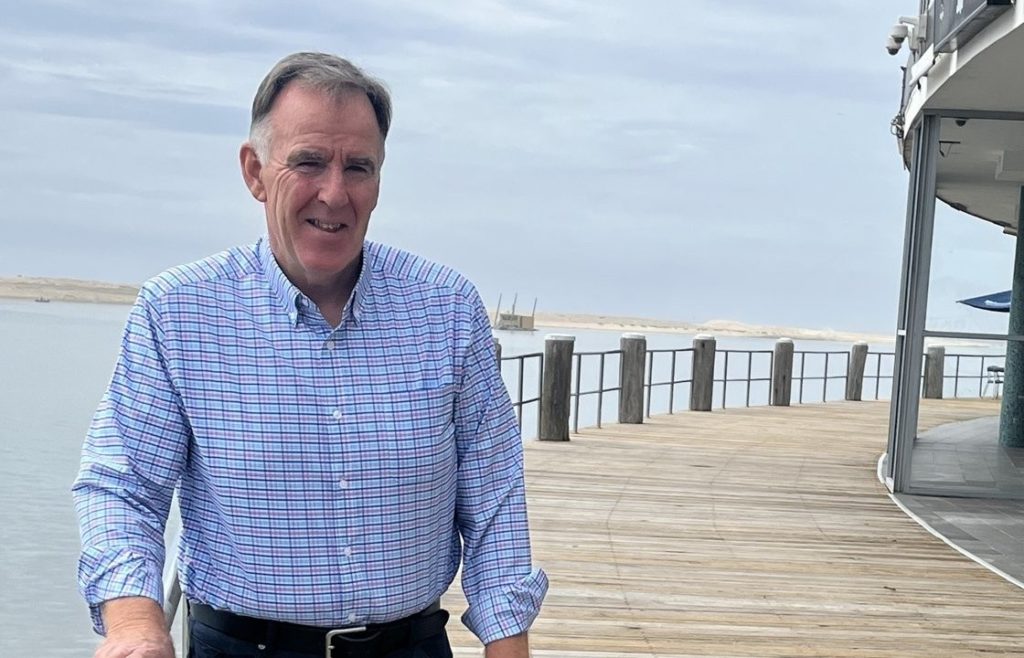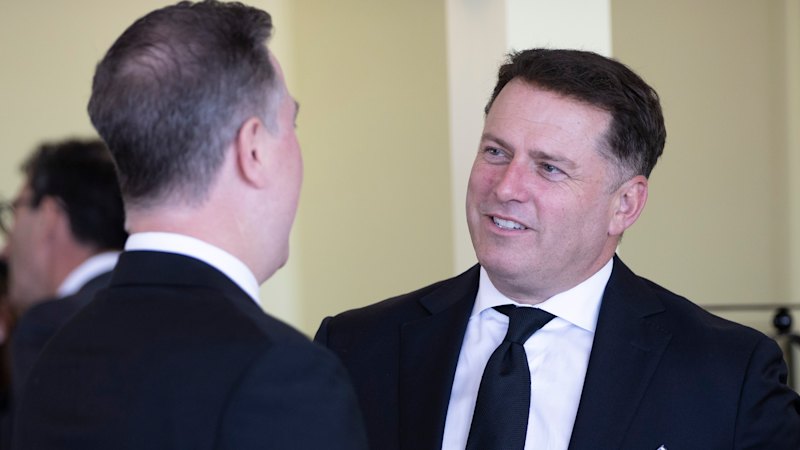
Digital marketing authority Neil Patel delivered a compelling keynote at SXSW Sydney, challenging traditional notions of marketing effectiveness. He emphasized that current metrics, such as clicks and followers, often mislead marketers about what truly drives success. “What people say is reality, isn’t,” Patel asserted. He advocates for a new marketing paradigm focused on credibility, cross-platform visibility, and demonstrable value, particularly as artificial intelligence reshapes how consumers discover and make decisions.
Shifting from SEO to Search Everywhere Optimization
Patel highlighted a significant shift in search engine optimization (SEO) practices. Traditionally, SEO centered on achieving high rankings on Google. While Google maintains a commanding market share of approximately 27% and processes 13.7 billion searches daily, Patel noted that other platforms, including YouTube, Instagram, and Amazon, are increasingly relevant. For instance, Instagram alone attracts 6.5 billion searches each day, while Amazon sees 3.5 billion searches, often linked to purchasing intent. Thus, marketers should expand their focus from merely optimizing for Google to a broader strategy that Patel terms “search everywhere optimization.”
“No one’s talking about searching on Instagram, yet it gets 6.5 billion searches a day,” he remarked. He stressed that as AI technologies like ChatGPT emerge, each platform must be regarded as a search engine, necessitating a comprehensive approach to digital marketing.
The Three Operating Truths of Marketing
Focusing on the Asia-Pacific (APAC) region, Patel outlined three critical truths that influence marketing success today. First, he stated that “proof beats polish,” highlighting a consumer preference for authenticity over highly produced content. According to data from NP Digital, relatable and candid content often garners more engagement than polished advertisements. “You don’t have to be perfect, you just gotta show people the proof,” Patel explained.
The second truth emphasizes the importance of language and cultural adaptation. Marketers should tailor their messaging to reflect local spellings, colloquial tones, and culturally specific references to resonate effectively with diverse audiences.
Lastly, he pointed out the necessity for a customized channel strategy. Different platforms serve distinct purposes; for instance, LinkedIn and YouTube are ideal for B2B lead generation, while Pinterest and Snapchat yield higher B2C conversion rates. “Not all platforms are equal, depending on the product or service that you sell,” he noted.
Patel also introduced the concept of generative engine optimization (GEO), a new approach to media and marketing shaped by AI. As AI tools increasingly serve as discovery gateways, brands must optimize their content to be referenced by these systems. Unlike traditional SEO, which focuses on backlinks and keyword density, GEO prioritizes content structure, authority, and sentiment. “Text still drives the internet,” he affirmed, urging brands to produce content that AI can cite effectively.
Patel concluded that marketers in APAC are particularly well-equipped for the evolving landscape due to their inherent flexibility in adapting to various languages, cultural nuances, and rapidly changing platforms. “That flexibility is what will win in the AI age,” he stated, underscoring the region’s advantage in the new marketing era.
As the digital landscape continues to evolve, Patel’s insights at SXSW Sydney serve as a timely reminder for marketers to rethink their strategies and embrace a more holistic approach to reach consumers effectively.






